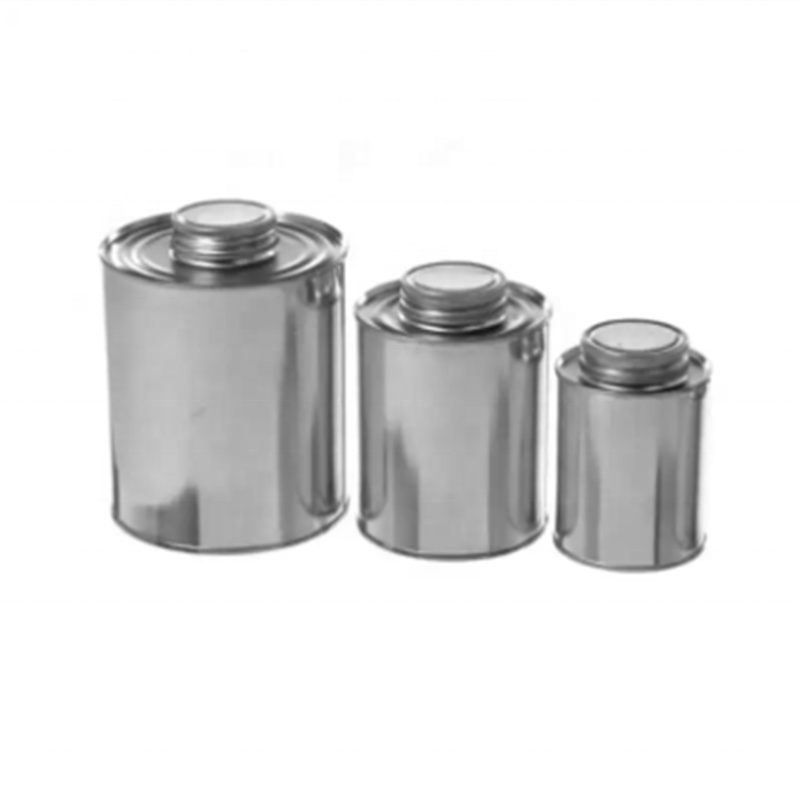
Nov . 24, 2024 20:06 Back to list
Top Suppliers for High-Quality Tin Plates You Can Trust
The Importance of Tin Plate Suppliers in Modern Manufacturing
Tin plates have become an essential component in various industries, particularly in packaging, construction, and manufacturing. The suppliers of tin plates play a critical role in ensuring that manufacturers receive high-quality materials that meet their specific needs. This article explores the significance of tin plate suppliers, the qualities to look for when choosing one, and the current trends in the tin plate market.
Understanding Tin Plates
Tin plates are thin sheets of steel coated with a layer of tin. This coating provides an array of benefits, including corrosion resistance, improved durability, and suitability for food packaging. The versatility of tin plates makes them ideal for applications ranging from canning food to manufacturing home appliances. With their ability to withstand extreme temperatures and humidity, tin plates have become indispensable in various industrial processes.
The Role of Tin Plate Suppliers
Tin plate suppliers are crucial to the supply chain, providing manufacturers with the necessary materials to produce their goods. They are responsible for sourcing high-quality tin plates, ensuring proper storage, and managing logistics to deliver materials to clients in a timely manner. A reliable supplier maintains strong relationships with manufacturers and understands their specific requirements, including grade specifications, coatings, dimensions, and quantities.
Moreover, suppliers equipped with advanced processing facilities can offer additional services such as cutting, slitting, or shaping tin plates to meet the precise needs of their customers. This one-stop-shop approach not only saves manufacturers time and effort but also allows them to streamline their production processes.
Choosing the Right Tin Plate Supplier
tin plates suppliers

When selecting a tin plate supplier, manufacturers must consider several factors to ensure they are partnering with the best in the business. Quality is paramount; therefore, it is essential to choose a supplier that adheres to international standards and certifications. This commitment to quality assurance guarantees that the tin plates will perform reliably in their intended applications.
Additionally, a supplier's ability to offer competitive pricing and flexible payment terms can significantly impact a manufacturer's bottom line. Furthermore, evaluating the supplier's delivery capabilities is crucial. Timely service can prevent production delays and ensure that a manufacturing operation runs smoothly.
Another vital aspect is customer support. A reputable tin plate supplier should offer responsive customer service to address any concerns or questions. This level of support fosters a strong partnership and helps create a more efficient supply chain.
Current Trends in the Tin Plate Market
The tin plate market is continuously evolving, driven by advancements in technology and changing consumer demands. There is an increasing focus on sustainable practices, with suppliers exploring eco-friendly coating options and recyclable materials. This trend aligns with the growing global emphasis on environmental responsibility, influencing manufacturers to seek partners who prioritize sustainability.
Additionally, the rise of e-commerce and globalization has expanded the reach of tin plate suppliers, allowing manufacturers to source materials from diverse regions. This increased competition can lead to better pricing and improved service for manufacturers.
Conclusion
In summary, tin plate suppliers are integral to modern manufacturing, providing the essential materials required for various applications. By focusing on quality, customer support, and responsiveness, manufacturers can forge strong relationships with reliable suppliers. As the market evolves, staying abreast of trends such as sustainability and technological advancements will empower businesses to make informed decisions and maintain a competitive edge in their respective industries.
-
Buy New Car Online – Great Deals & Trusted Used Car Options
NewsJul.29,2025
-
China 14 ft Metal Roofing Price Factory | Durable & Affordable
NewsJul.28,2025
-
EV Car for Eco-Friendly Driving | Mini EV & New Energy Vehicles
NewsJul.28,2025
-
BYD New Energy Vehicles: Innovative New Cars for a Green Future
NewsJul.27,2025
-
Chery Wujie Pro: Advanced Electric Vehicle for Modern Mobility
NewsJul.26,2025
-
Cost-Effective Tram: Small, Cute, and Efficient EV Car for Urban Travel
NewsJul.25,2025